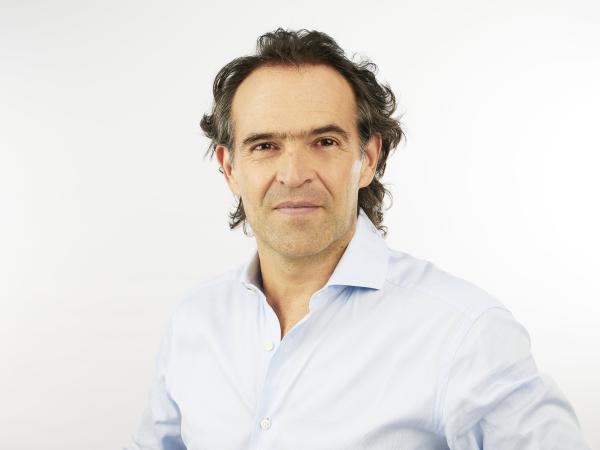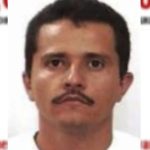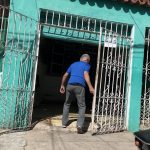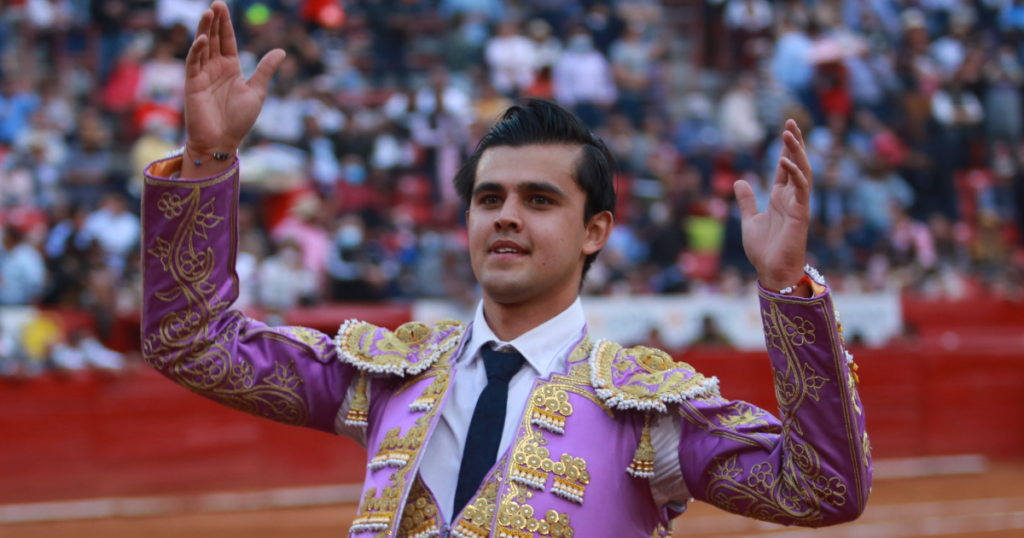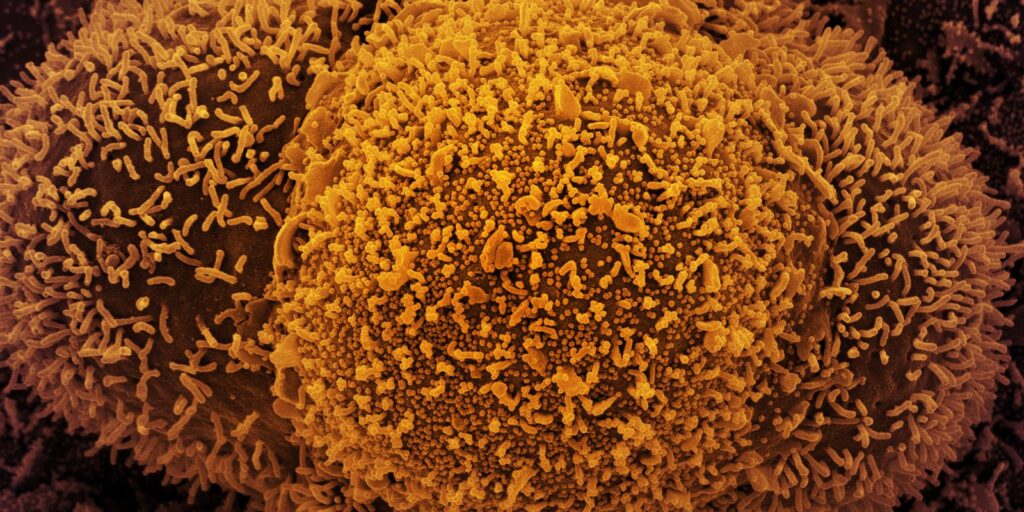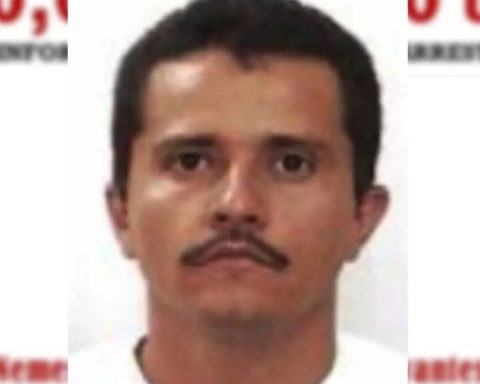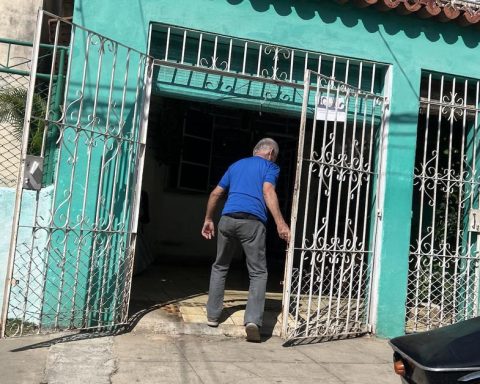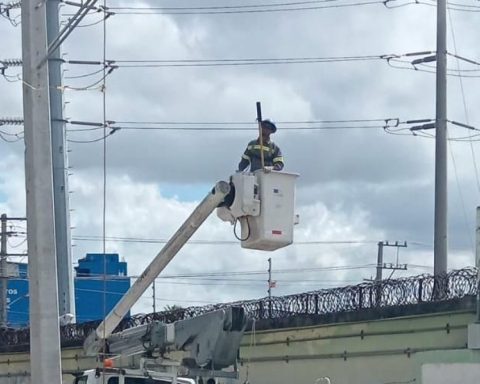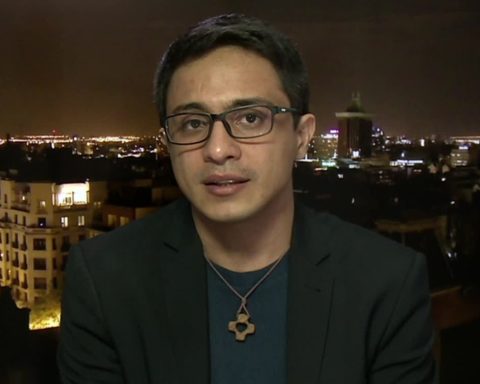The former mayor of Medellín, Federico Gutiérrez, hopes to reach the Presidency of the Republic and stimulate growth with rates of 5% per year from a program based on infrastructure. The candidate, who is part of the Team for Colombia Coalition, spoke with Portafolio about his proposals.
(Petro and Galán, the most favored candidates for the presidency).
How do you see the outlook for 2022 and the main economic challenge it would have?
The main challenge will be to stimulate growth and for this to be reflected in more social development and opportunities for people and regions. There is no better social policy than employment generation, and there is no better employment generation policy than economic growth. We are going to promote growth for the country of more than 5% for the next 4 years, in order to generate more than a million annual job opportunities and lower unemployment to single digits.
How would you achieve that goal in employment?
We are going to move the economy across multiple sectors. With the construction of one million VIS homes, 800,000 in urban areas and 200,000 in rural areas, we are also going to promote the construction of 400,000 additional No VIS homes, the improvement of 200,000 in vulnerable homes and the connection of 300,000 homes to public services of aqueduct, sewage and garbage collection. Housing is going to be a pillar of growth in our government, since it marks more than 30 sectors. For every billion we invest in housing we have 50,000 direct jobs.
(Coincidences and differences of candidates in terms of economic ideas).
In infrastructure, we are going to grow by recovering the navigability of rivers and railways, we are going to triple the investment in tertiary roads for the countryside, going from $1 billion to $3 billion annually, and something very important is that we are going to finish the 4G highways and start the first 5G package, valued at $22 billion. For every billion in infrastructure, 29,000 direct jobs are generated.
What other sectors will be key?
For that 5% growth we have to boost various sectors, but at the same time, we have to think about how to become a great food pantry for the world, every peso that is invested in agriculture translates into employment and social stability, and an export door is strengthened. Today we only exploit 5.6 million hectares, and the potential of the agricultural frontier is 22 million hectares. We are going to launch the most ambitious program for the construction of small irrigation districts, which will be financed with support from Finagro’s Rural Development Fund, and we will restore the existing districts. We are also going to increase agricultural financing and concentrate all Finagro discounts on small producers.
Another issue is that we are going to create the conditions for greater investment in mining and energy projects, but that are environmental and responsible, that help the energy transition, with growth promoters. And something fundamental for the regions is to expedite the execution of royalties. We also have to promote tourism, to achieve 400,000 new jobs, 100,000 per year on average. We have to give it dynamics but it can only work to the extent that we guarantee security.
Would you promote another tax reform?
Before proposing a new tax, which may be necessary, you cannot be irresponsible with the fiscal situation of the country. Social projects must be guaranteed, but I would say that first an effort must be made to fight radically against corruption.
(How Colombians’ intention to vote for the Presidency has changed).
Second, work for an austere and efficient State, which cuts back on excessive bureaucracy. The resources exist, but the issue is how to execute them, proof of this is the Royalties Fund, with $14 billion not executed, which is almost the cost of a tax. We are going to present a law that we can apply quickly to convert the assets of domain extinction and the mafia into permanent assets to invest in education, infrastructure, in health. Later, I would analyze with all the sectors how to make the country have a more efficient and progressive system, sustainable over time, but without putting the productive sector at risk, charging it with more taxes and fees, because what we need is for it to generate employment quality.
How do you see the role of oil?
A debate has been generated because there are populist and authoritarian projects that are liars who say that the day after the elections end they would end oil. It is irresponsible. Oil represents more than 30% of exports, and thanks to its profits, it is almost 12% of social programs. Ending that would imply ending those programs and would leave people in misery. My position is a responsible energy transition. I am going to continue and improve the wind and solar energy implementation processes and I am also going to be very responsible with all mining projects, so that they meet social and environmental specifications. Without mining there is no energy transition. We have a responsibility with climate change, but that cannot be cut short.
What role would Hidroituango play there?
Hidroituango is going to start operating and in operation it generates 2,400 MWh, 17% of the energy. We have seen irresponsible sectors that have wanted to put an end to Hidroituango, and what we have to do is move it forward. We have left paying the insurance since I was mayor, and thanks to the management of President Duque and the Comptroller, the insurance has already paid a claim of more than $4 billion. Hidroituango is the country’s energy insurance.
LAURA LUCIA BECERRA ELEJALDE
